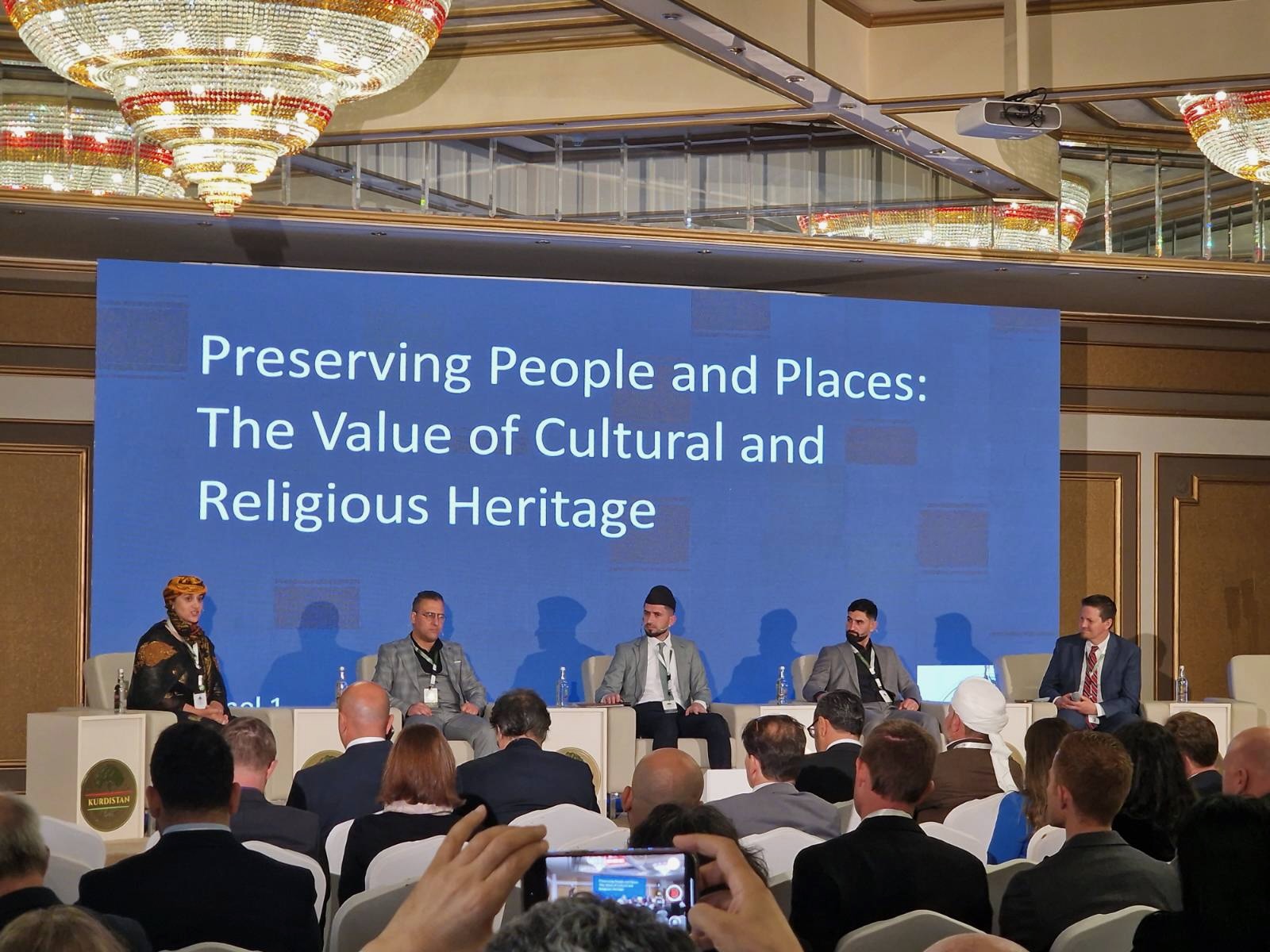This blog is a response to Brian Grim’s post, “If Policy Makers Cared About Data, They’d Care About Freedom or Religion or Belief (FoRB),” which can be found here.
By: Carmel U. Chiswick
Whether religious freedom is “good for business” depends on whether a country’s “business” is characterized by economic freedom. Economic freedom requires that people can choose their employer or start their own business, that people can quit their jobs, and that businesses can fail. Similarly, religious freedom requires that people can choose their affiliation, can switch affiliations, or can opt not to affiliate at all. Anyone can start a new congregation or even a new denomination, and “unsuccessful” religious institutions are permitted to fail from lack of adherents.
Both of these freedoms privilege the individual decision maker, encouraging him or her to consider alternatives and decide which one to adopt. Both reward what T.W. Schultz called allocative skills, the kind of human capital that enables a person to identify good opportunities and follow up with successful action. Allocative skill is especially important for growth in an economy experiencing changes in market conditions, whether because of technological change, new opportunities for trade, or the process of economic development.
Economic freedom and religious freedom are thus mutually complementary, suggesting that countries with religious freedom have a comparative advantage for adapting to new economic opportunities. Entrepreneurial initiatives are more likely to be successful in a society where people learn to make choices, and the allocative skill associated with religious freedom has a higher market value in a free economy. Where economic opportunities are limited, whether by the government, by big business, or by a monopsony employer, religious freedom may have a positive effect on productivity simply because workers are less unhappy, but there is no reason to expect it to have a positive impact on economic growth.
Whether restrictions on economic and/or religious freedom affect economic growth also depends on the enforcement mechanisms used by the society and its government. Small or “informal” enterprises and dissenting religions can be very expensive to prosecute and are often ignored unless they become larger (i.e., “successful”). Even then, sanctions can run the gamut from minor harassment to severe persecution. The stronger the enforcement action, the greater the diversion of resources from more productive uses. This is true whether the opposition to dissenters comes from an autocratic dictatorship, from well-funded business interests, or from the preferences of voters in a popular democracy.
In his famous and influential book Capitalism and Freedom (Univ. of Chicago Press 1962, reissued in 1982 and again in 2002), Milton Friedman argued that political freedom has little substantive meaning without economic freedom as well. The eighteenth century liberal thinkers who founded the United States came to an analogous conclusion: A government that supported one religious establishment would effectively undermine political rights for members of any dissenting religions. The Constitution of the United States not only enfranchises its citizens in the political arena, but it also forbids the federal government from “establishing” any religion and from interfering with interstate commerce. The American economy benefits from synergies between these freedoms—political, religious, and economic. For nearly a century, the United States was virtually the only country in the world whose government guaranteed (however imperfectly) all three freedoms, and even today many countries deny their citizens some or all of them. Yet Americans take for granted the complementarities generated between these freedoms, and typically include all of them when they speak about “democracy.”
Carmel U. Chiswick is a research professor of economics at George Washington University and a research fellow at the Institute for the Study of Labor (IZA) in Bonn, Germany.
This piece was originally authored on September 29, 2014 for the Religious Freedom Project at Georgetown’s Berkley Center for Religion, Peace, and World Affairs.
THE RFI BLOG

RFI Leads Training Session on Religious Freedom Law and Policy for U.S. Army War College

Oral Argument in Charter School Case Highlights Unconstitutional Motives Behind OK Attorney General’s Establishment Clause Claim

Largest Longitudinal Study of Human Flourishing Ever Shows Religion’s Importance

Keys To Human Flourishing: Faith And Relationships Outweigh Wealth

RFI Champions Religious Freedom at Kurdistan’s First National Prayer Breakfast
CORNERSTONE FORUM

Reaffirming Religious Freedom: Bridging U.S. Advocacy and Iraq’s Constitutional Framework

Political Polarization, Same-Sex Marriage and Religious Liberty

Bridging the Gap Between International Efforts and Local Realities: Advancing Religious Freedom in the MENA Region

Challenges to Religious Freedom in Iraq and the Critical Need for Action


